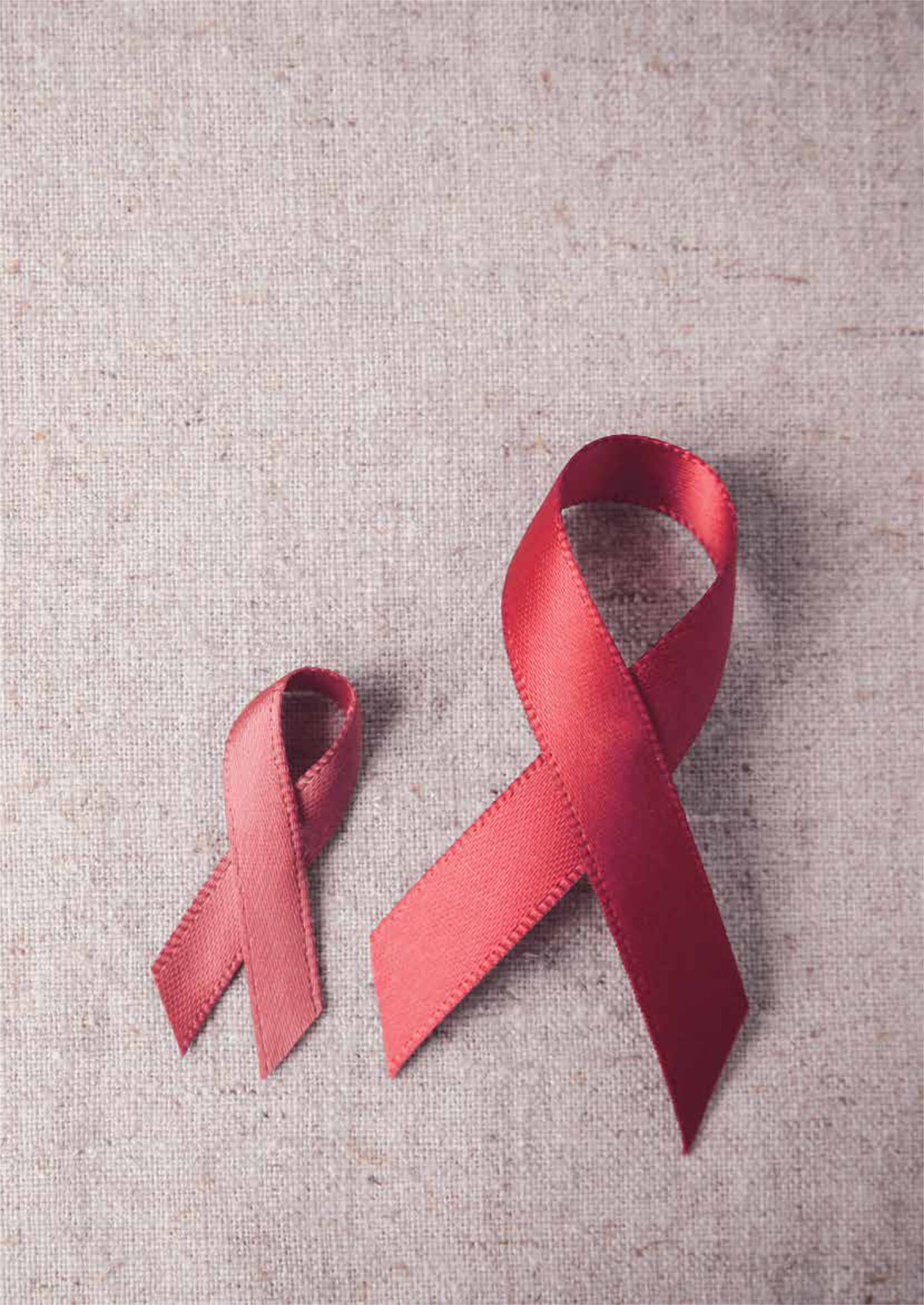Main content
‘Injustice anywhere is a threat to justice everywhere. We are caught in an inescapable network of mutuality, tied in a single garment of destiny.’ Martin Luther King Jr wrote these words in 1963 from jail. I did not know them until someone from the South African Treatment Action Campaign used them as a counter argument when I argued that antiretroviral drugs were too expensive for a country like Mozambique.
My first reaction was, ‘So what?’ It was March 2000, and I was working in Mozambique for Médecins Sans Frontières. Of course, I lived and worked according to the cosmopolitan principles that King had so aptly expressed, even though his formulation was unknown to me until then, so I didn’t really feel concerned. But Zackie Achmat, from the Treatment Action Campaign, explained that I thought and acted as a nationalist. We had children with AIDS in our hospital tents. The price for antiretroviral treatment was about US$ 10,000 per person per year. We knew that we could significantly lower that price to $1 per person per day, which also happened a year later. But even then I thought it was still too expensive for Mozambique, where the healthcare budget was only $5 per person per year. ‘Why do you take the poverty of Mozambique as your starting point?’ Zackie asked. ‘Why don’t you look at the wealth in the world? Humanity is rich enough to pay for AIDS treatment for everyone who needs it.’
People who work for development cooperation or humanitarian aid like to believe that they have a cosmopolitan conviction, but that is not self-evident. Development aid serves to help countries address their own problems; some organizations have even taken variations of ‘Help them to health themselves’ as their fundraising slogan. Humanitarian aid is more generous, but only for crisis situations and only for their duration. The idea behind it is the same: the party ultimately responsible for people’s health is the state they live in, not humanity. That is a nationalistic starting point. Or, as philosophers say it (because nationalism is a loaded term), a ‘statist’ concept of justice.
By the end of 2002, Mozambique had one of the most ambitious antiretroviral programs in Africa. The price had dropped to $1 per person per day, still too expensive for Mozambique. Funding came from the Global Fund to fight AIDS, Tuberculosis and Malaria. This fund, founded in 2001, encouraged countries such as Mozambique to be ambitious and not to worry about future funding. New funding would be made available if the money was used correctly, didn’t disappear into the wrong pockets, and the countries needed continued support. In other words, humanity would carry the burden via the Global Fund.
In July, the AIDS 2018 conference took place in Amsterdam. With the exception of a glimmer of hope for an AIDS vaccine, there was an atmosphere of realism and even some resignation. It’s not going well with the fight against HIV and AIDS. The richer countries have been sending signals for some time now that the story, or the ‘dream’, of humanity carrying the financial burden is over. International financing is drying up. Developing countries have to fund their own efforts. Today, the taps are being closed for middle-income countries, tomorrow for low-income countries. What that means, in practice, I saw in Kenya earlier in July, where I did a study for the Netherlands Aids Fund. The medicines are still provided for free but not the consultations and the tests. Orphans who know that they are HIV positive don’t ask for medication because they can’t afford the tests. If they wait too long, they become very ill or die before they receive their first treatment.
What happened between 2001 and 2018? The creation of the Global Fund was driven by two motives that complemented each other: injustice and insecurity (even fear). The absurd injustice that people and children were dying of a disease that had been brought under control in richer countries, and fear that an uncontrolled AIDS epidemic in Africa would be dangerous for Europe and North America. The fear vanished some time ago. When it became possible to host the 2012 AIDS conference in Washington DC because the USA had finally withdrawn its entry ban for people with HIV, it was welcomed as a great victory by activists. A minority saw the writing on the wall and warned that the decreasing level of fear would also lead to decreased funding. Since 2012, international funding for the fight against HIV has indeed decreased.
Since then, the injustice motive has also turned itself against the fight against HIV and AIDS. The Global Fund has taken tuberculosis and malaria on board, but for all other health problems the situation has remained as it was: temporary international assistance, no real burden-sharing, and therefore the cheapest possible healthcare. As a result, for example, we hardly know how many children are born with diabetes in Africa; long-term treatment is too expensive, so we simply don’t test. In Cambodia, a person with diabetes complained: ‘I wish I had AIDS’. The feeling that the fight against AIDS was receiving too much money came quietly but never disappeared, despite passionate pleas from people like myself emphasising that there was too little money and attention for health in poorer countries, and not too much money for the fight against AIDS. On top of that, not to be underestimated, a global banking crisis erupted and nationalism increased – let’s call a spade a spade.
Is the cosmopolitan dream finally over? I don’t think so. The cosmopolitan perspective is probably going to go through a few ‘desert years’. But sooner or later, humanity will again understand that increasing inequalities – climate change, epidemics, and conflicts – to name but a few, will never be solved from a nationalistic perspective. But we need to get ready while waiting for the tide to turn. The cosmopolitan perspective also introduces new ethical dilemmas. To argue that health is a human right is one thing; to argue that the associated obligation falls on humanity is another.[2] How should humanity shoulder this responsibility? Should we have a global tax or some other way to ensure that wealthier countries cannot simply change their mind every now and then? Should humanity’s responsibility be directed towards poor people, or towards poor countries? Where does the responsibility of the state end and the responsibility of humanity begin? Should poor people living in wealthier countries receive more assistance, or should humanity reward states that are trying hard to mobilise domestic resources? Should all health problems be a common concern, or only some health problems? Should we broaden the mandate of the Global Fund and turn it into a global fund for health? And, most importantly, who should take these decisions?
I will continue wearing my red aids ribbon with pride.
None of these questions have easy answers. But one thing I know for sure: returning to the idea that the party ultimately responsible for people’s health is the state they live in, and not humanity, is not the answer. I hope that the ‘Resources, Research and Rights: Ethical dilemmas in Global Health’ conference will start addressing some of these issues.
In the meantime, I will continue wearing my red AIDS ribbon with pride.
References
- Men C, Meessen B, Van Pelt M, Van Damme W, & Lucas H. I Wish I Had AIDS (2012). Available from: http://www.who.int/alliance-hpsr/alliancehpsr_iwishihadaids.pdf
- Ooms G, Hammonds R (2008). Correcting globalisation in health: transnational entitlements versus the ethical imperative of reducing aid-dependency. Public Health Ethics 2008;1(2):154-170.


















































